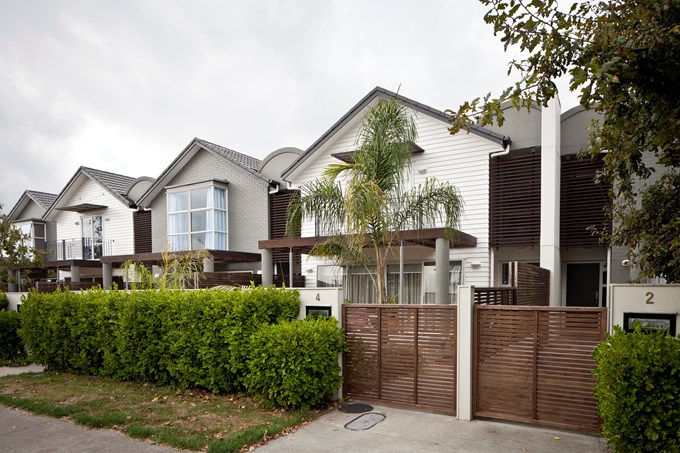Auckland Council is seeking feedback on the next stage of updating its Development Contributions Policy, to ensure new developments contribute fairly to the funding of the council’s infrastructure.
With Auckland projected to continue to grow rapidly over the next 30 years, reaching a population of 2.4 million by 2050, more housing and infrastructure will be needed. Delivering infrastructure such as parks, community facilities and transport networks to support this growth is a key part of what Auckland Council does.
Auckland Council Chief Economist, Gary Blick says infrastructure the council provides enables development to occur.
“Housing developments rely on the provision of infrastructure for transport and stormwater, delivered by the council. In addition, the council ensures communities have access to the parks, libraries and other community facilities that Aucklanders expect.
“Of course, this is costly and needs to be funded one way or another – either by the taxpayer, the ratepayer or the developer. The principle is that developers pay a fair share, that reflects the expected demand that their developments will have on council infrastructure.”
Development contributions are a fee charged to developers to recover their share of the cost of infrastructure caused by, or that will benefit from, the new development. Revenue from these fees is used for new or upgraded infrastructure for transport, parks, sportsgrounds, drainage and stormwater systems or community facilities to support growth.
Auckland Council Manager Financial Policy, Andrew Duncan says Auckland Council is progressively updating its contributions policy to include all of the planned investment for priority growth areas.
“We are first looking at the area of Drury-Ōpaheke in Auckland’s south.
“The council’s plans for Drury-Ōpaheke include a public and active transport led approach to transport infrastructure, 43 new parks and open spaces, and new community facilities such as a library, leisure centre and local pool. In the council’s plans, this investment will take 30 years to deliver.
“The proposed policy is our first step in taking this overall view of infrastructure needed for growth, covering the full cost of all of the infrastructure needed as the development takes shape over 30 years.
“We believe this is fairer as the total investment will be matched with the total expected growth.
“We included this in consultation last year and a number of questions were raised by submitters seeking further details. This proposal looks to address these questions, refine the proposal and include more supporting information.”
With Drury expected to grow to a city the size of Napier over the next 40 years, the government and Auckland Council will be investing billions of dollars of infrastructure to ensure it develops into a functional community, well connected to the rest of Auckland.
“Our proposal would see Auckland Council deliver $2.87 billion of this and recover $1.39 billion from developers through development contributions,” says Mr Duncan.
“The revenue raised will ensure ratepayers are only asked to meet their fair share of the costs and provide greater certainty that key infrastructure is delivered.”
This additional revenue requirement will raise the average contributions price for Drury by an additional $60,687 to $83,251, with different charges applying to different geographical areas based on the benefits to each area. While this represents a major price increase, it ensures developers, over the entire development period to 2060, are paying their contribution towards the cost of the infrastructure required and that they will benefit from. These assets will be added to a schedule of work showing what is being funded by development contributions.
The next stage of the development contributions policy will be to add the longer-term investment projects for remaining priority areas, such as Māngere and Auckland’s northwest.
Public consultation will run for an extended eight weeks instead of the usual four weeks, from 13 September to 8 November, to ensure submitters have ample time to consider the proposal and provide their feedback.
There is a range of ways to have your say on this proposal, through our online survey, attending a webinar or joining a Have You Say event. Visit the AKHaveYourSay website to find out more.


